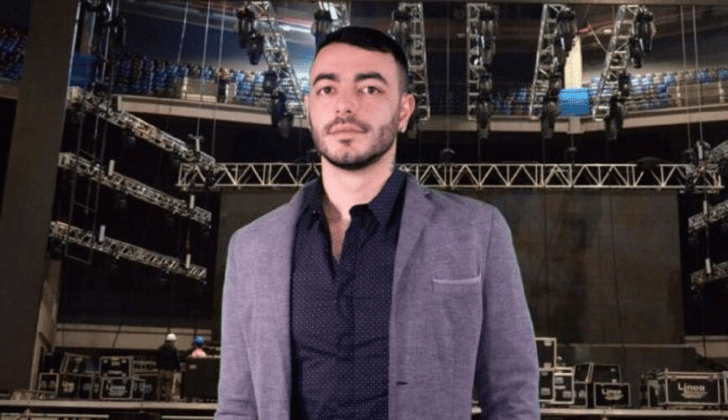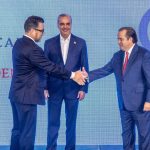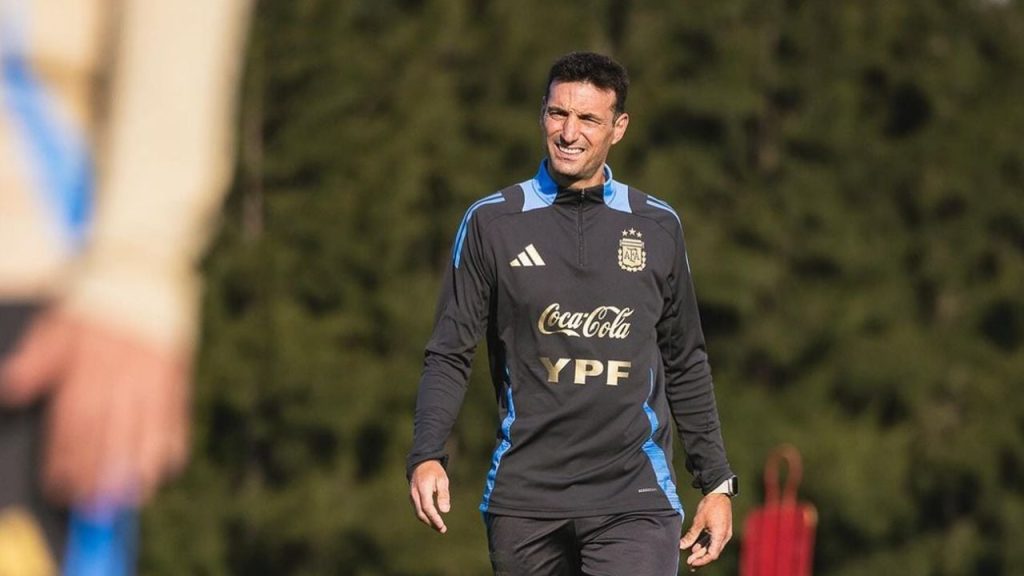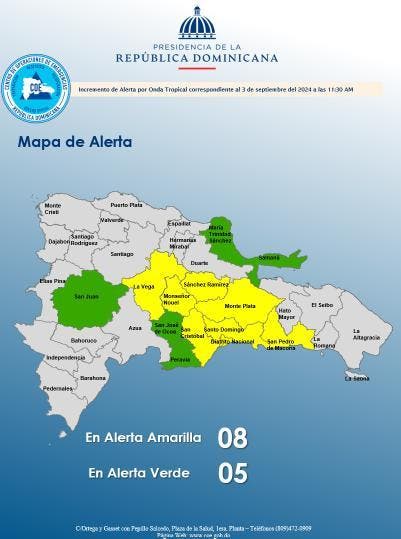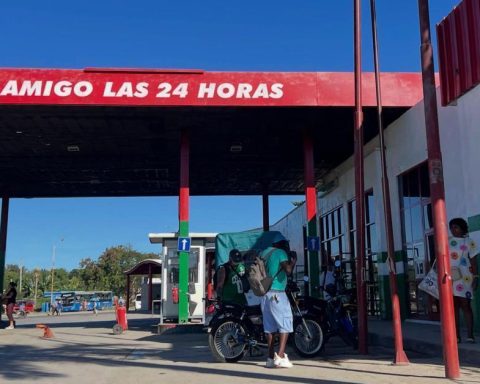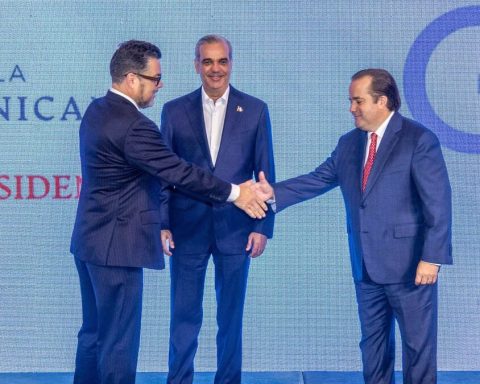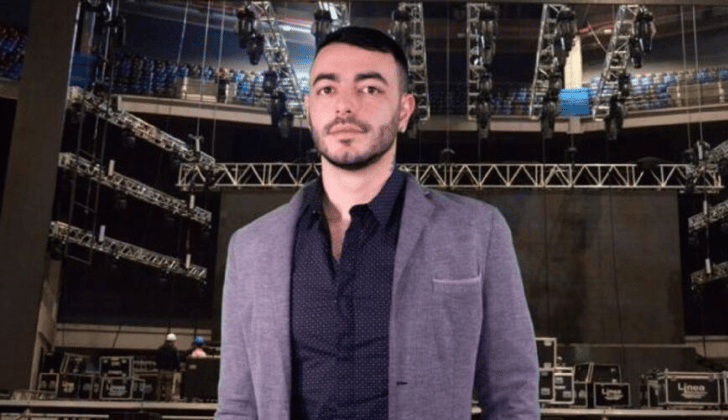
Prosecutor Alejandro Machado made a key decision by ruling out any illegality in the process of obtaining the Uruguayan passport for Sebastian MarsetAfter analyzing each stage of the procedure, Machado determined that there were no irregularities in the issuance of the document, despite speculation about potential illegal acts.
When Sebastián Marset was detained in the United Arab Emirates for entering with a false Paraguayan passport, his family was determined that obtaining a Uruguayan passport could facilitate his release. In this context, a series of steps were taken to obtain the passport as soon as possible. This included frequent communications with Fiorella Prado, the then Uruguayan consul in the United Arab Emirates, and efforts by the lawyer Alejandro Balbi in Uruguay.
Marset’s family was confident that the Uruguayan ID could serve as evidence before the Emirati court that Marset had no need to resort to a falsified document. However, prosecutor Machado, in his ruling, made it clear that it was not the passport or the note issued that led to Marset’s release.
Why the Marset case will come to nothing
Machado reviewed in detail the process by which Marset obtained authorization to process her Uruguayan passport. The Uruguayan consulate issued a note confirming that Marset was in a position to process the document, which was considered an important piece of evidence to defend her case.
Initially, there were plans for the passport to travel in a diplomatic bag that was expected to depart on November 25, 2021. However, the bag left on the 24th, which altered the original plans. Finally, the passport was sent to Uruguay, where Carlos Balbi, brother of the lawyer Alejandro Balbi, handed it over to Diego Marset, who traveled to Montevideo to pick it up.
Despite the exonerating conclusions regarding the legality of the process, the Prosecutor’s Office decided to continue investigating the allegations made by former Vice-Chancellor Carolina Ache. Ache claimed to have presented conversations that had been recorded in an administrative investigation, but accused Roberto Lafluf, presidential advisor, of having destroyed this evidence.
Consul Prado’s papers were reviewed, confirming that she informed the General Directorate for Consular Affairs and Liaison at all times about each step taken regarding obtaining Marset’s passport. These communications showed her intention to rigorously comply with her consular duties.
Marset had the right to request a passport, the ruling says
According to the decree in force at the time of the proceedings (later amended due to this specific case), Marset was entitled to apply for his passport. The case opened in Uruguay had been closed by Organized Crime Judge Adriana Chamsarian, thus removing any legal impediment to the issuance of the passport.
Although there was an investigation into his whereabouts, the prosecutor maintained that this was not an obstacle to obtaining a Certificate of Judicial Record indicating that all previous cases were closed. Machado also reiterated that internationally, a Uruguayan passport could not be denied to a citizen, as it acts as an essential identification document.
The prosecutor refuted the theory that the passport was crucial to Marset’s release, citing the Emirati court ruling that exonerated Marset based on the lack of evidence that he knew the Paraguayan passport was fake.
Other key dates of the events of the “narco passport”
The prosecutor determined that the passport was processed in one week, between November 18 and 25, 2021. Although there was an earlier issue date, corresponding to the time when Prado took Marset’s fingerprints, this did not affect the validity of the procedure.
Prado’s initial attempt to begin the process was also investigated, which found an error due to a previous process initiated in Bolivia.
Between November 22 and 23, Alejandro Balbi, a lawyer from Marset, met with the then deputy director of Civil Identification, requesting the acceleration of the issuance of the Certificate of Judicial Records to facilitate the issuance of the passport. However, due to the logistics of the passport printing process
